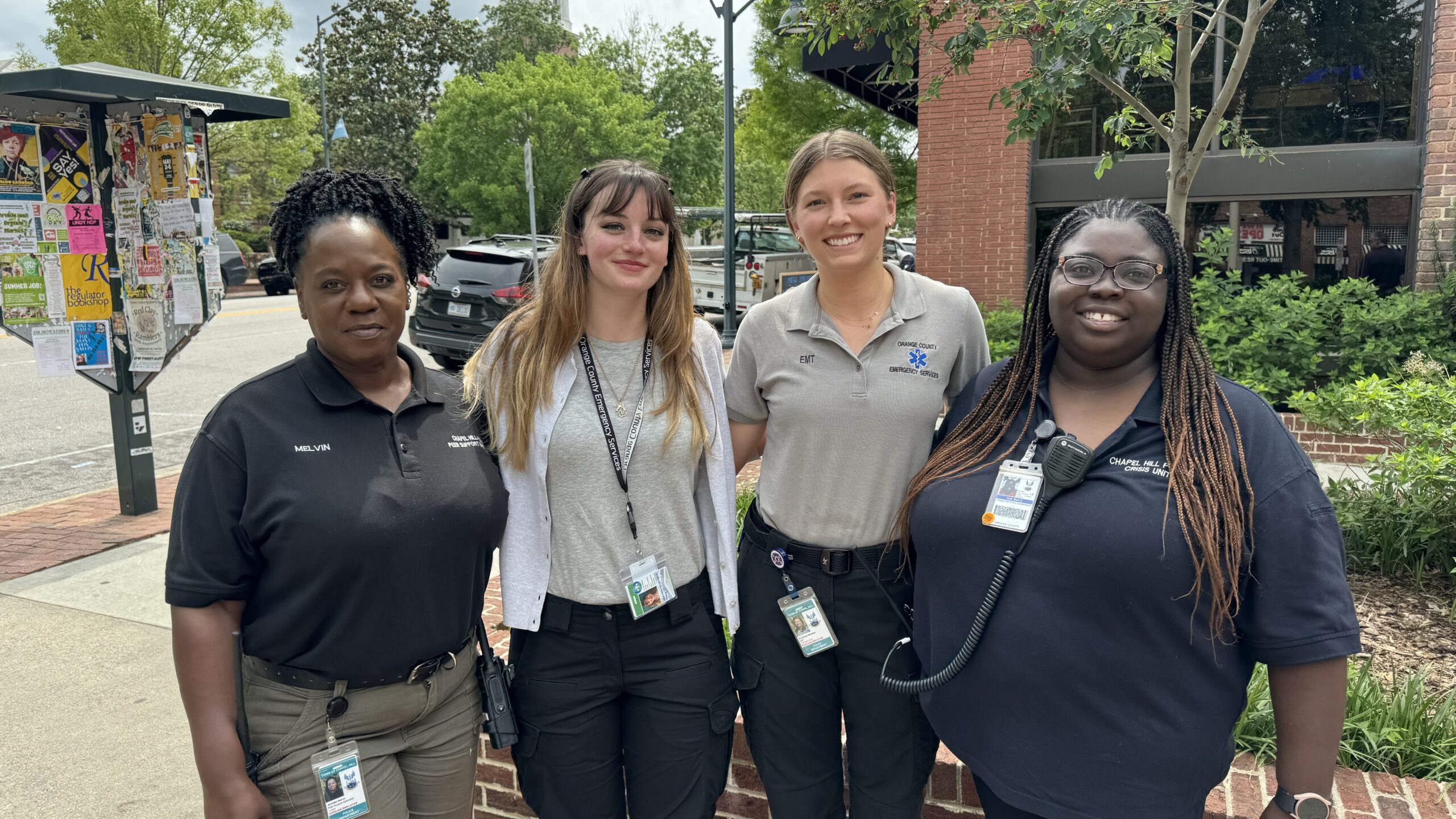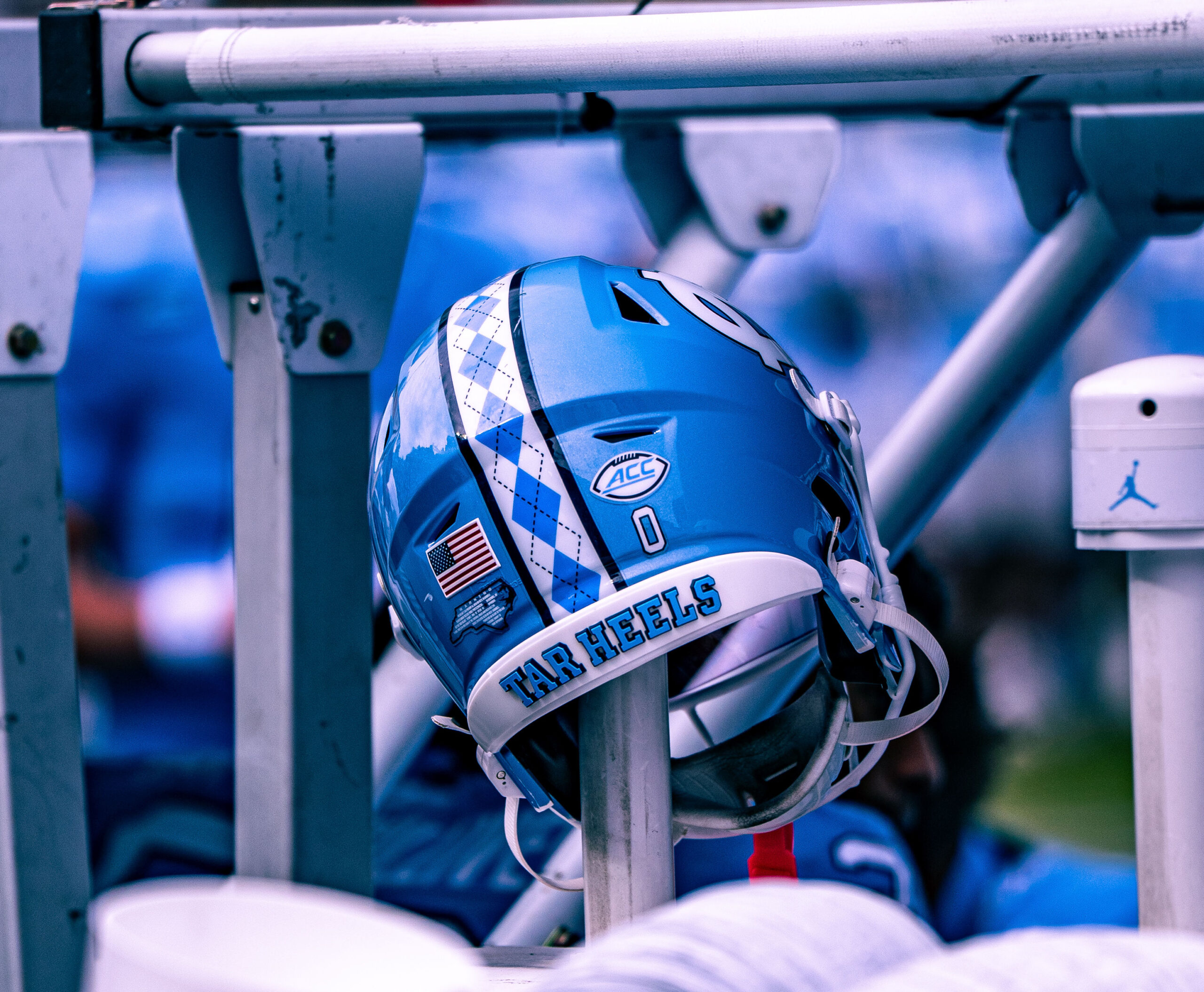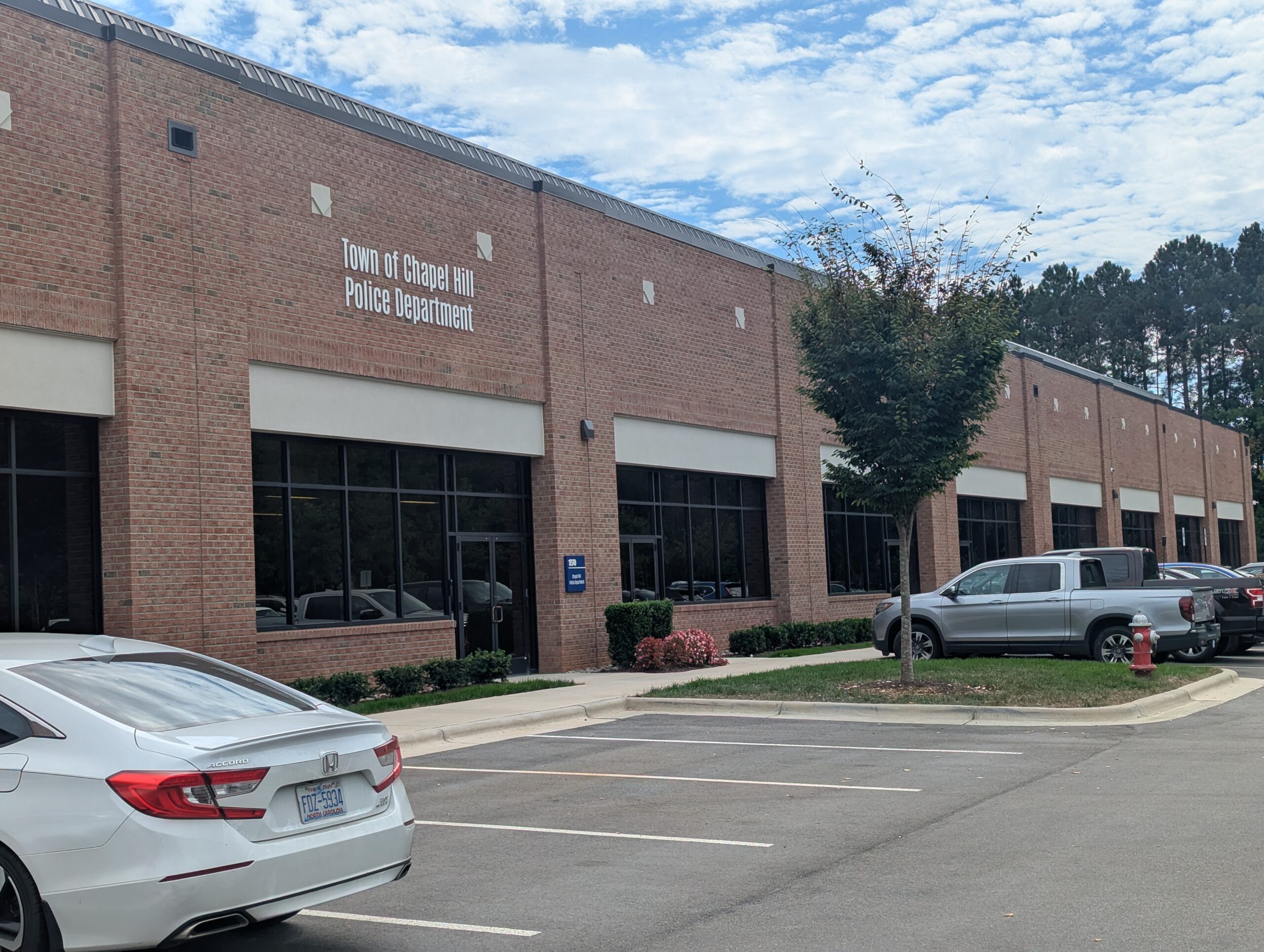For 50 years, the Chapel Hill Police Department’s Crisis Unit has been working to provide a different type of response during emergency calls than traditional law enforcement. Now, the program has expanded its footprint into a different local government — as it has partnered with the Orange County government to bring its diversion strategies to a mobile team separate from police officers.
After having been in development for one year, the Crisis Assistance, Response, and Engagement (CARE) Team officially hit the streets this month. The group consists of four people: a crisis counselor, a peer support specialist, and an emergency medical technician (EMT) travelling to calls, plus another crisis counselor taking calls in the Orange County 911 call center.
Chapel Hill Police Chief Celisa Lehew says the idea came around, in part, because of the long-standing success of the department’s own crisis unit. She said when it comes to behavioral and mental health incidents, those responders have proved their methods often better serve the affected people than having law enforcement respond and detain them.
“Our police officers are not subject-matter experts in those types of things,” says Lehew, “so really having that right person or right team of people to respond is really going to help that person in crisis.”

(From left to right) Jennifer Melvin, Heather Palmateer, RuthAnne Winston, and Mari Hall make up the initial CARE Team run out of Chapel Hill Police and the Orange County 911 call center. (Photo via the Town of Chapel Hill.)
Chapel Hill Police hired peer support specialist Jennifer Melvin and crisis counselor Heather Palmateer and funded their positions within the CARE Team, while the 911 center’s counselor – Mari Hall – also has experience with the police department’s current diversion strategies. Hall worked in the crisis unit before transitioning to the new role with Orange County Emergency Services.
“That was important to us,” says Lehew, “because we wanted somebody in there with some experience with how our crisis team operates and what that call response could look like.”
The EMT member, RuthAnne Winston, also marks the first medical technician from Orange County Emergency Services dedicated to working in mobile crisis diversion and response.
Compared to Chapel Hill’s Crisis Unit, which also still responds to calls with police officers, the CARE Team will take on cases from the source. The 911 crisis counselor will assess the situation from the call center before sending the other three members to the person in distress – without police involved.
“And then once that CARE Team is on site,” says the Chapel Hill Police chief, “it’s really wraparound services. Somebody who has lived experience, immediate medical assessment opportunity, and then that follow-up crisis response. We’ve worked through what those calls look like coming into the 911 center and what responses the CARE Team can go to, safely, and have this holistic [approach].”
Chair of the Orange County Commissioners Jamezetta Bedford shared support for the program during her weekly interview with 97.9 The Hill. She particularly pointed to the de-escalation strategies and providing of care on-site as critical benefits.
“It should reduce cost,” Bedford said, “and it should be more friendly and less dangerous for everyone involved. It’s sort of like the HEART team in Durham and it’s a really positive step forward.”
The CARE Team is just one way the county government is using strategies and treatments alternative to law enforcement or the criminal justice system. Orange County is planning a crisis diversion facility as a destination for people undergoing behavioral health crises and needing resources instead of local jails or hospitals being where they end up. While a site in Hillsborough has been identified, the county is still working out the funding and timeline of the project.
In the meantime, Bedford said the elected officials’ hope is this launch will be the start of an extended impact brought by the CARE Team.
“Yes, we would like to expand it,” the board chair said. “But we need to get this part working first and then we’d love to work with the other police departments as well.”
Lehew says the current pilot of the CARE Team is set to last two years, with the UNC School of Government helping review how effective its work is as the initiative moves forward. But the goal is to continue scaling up the model outlined by her department.
“Chapel Hill is of course the biggest municipality within the county, and with our crisis team built in, we thought that the pilot team made sense for Chapel Hill to begin [this],” she says. “But, really, the hope is to bring this throughout the county.”
Editor’s Note: An earlier version of this story incorrectly said Heather Palmateer is working as the 911 call center crisis counselor. That has since been updated to correctly reflect Mari Hall is in that role.
Featured photo via the Town of Chapel Hill.
Chapelboro.com does not charge subscription fees, and you can directly support our efforts in local journalism here. Want more of what you see on Chapelboro? Let us bring free local news and community information to you by signing up for our newsletter.





